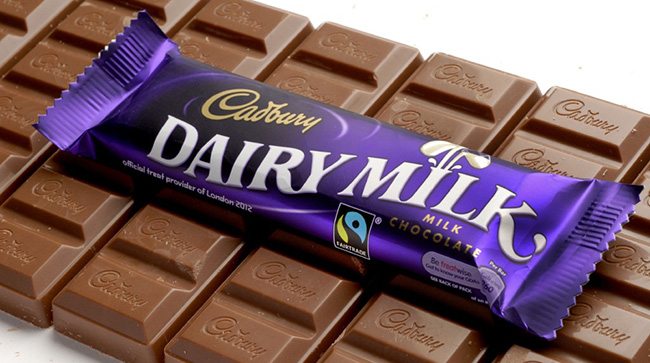Mondelez, which owns Cadbury, is facing controversy over its tax arrangements after it was reported that it had not paid UK corporation tax last year, reports The Guardian.
An investigation by the Sunday Times found the company was wiping out Cadbury’s bills using interest payments on an unsecured debt, which is listed as a bond on the Channel Islands’ stock exchange. The interest paid on the loan can be offset as a loss against gains made elsewhere in the company.
The arrangement, which is legal, meant Mondelez was able to pay no UK corporation tax despite accounts showing that Cadbury UK, its subsidiary, made profits of £96.5m in 2014 and £83.6m in 2013.
Margaret Hodge, chairwoman of the Commons all-party group on responsible tax, told the Sunday Times: “Multinationals like this are deliberately exporting their profits with artificial company structures to avoid tax. The founders of Cadbury who set it up as an ethical company will be turning in their graves.”
Mondelez was born out of Kraft Foods which bought Cadbury five years ago in a deal worth more than £11bn. An FT report after the purchase claimed Cadbury had tax avoidance schemes in place when it was bought by the multinational, saying the chocolate-maker had a system of loans in place that allowed it to reduce its UK tax bill to just £6.4m a year on a profit of £100m.
A Mondelez spokesperson said: “In common with all global businesses, we pay corporation tax based on the laws of the countries in which we operate.
“We comply with all applicable tax legislation in the UK, and on a global basis we pay hundreds of millions of dollars in corporate income tax annually. Since 2010 we are proud to have invested over £200m into both UK-based manufacturing and R&D supporting our 4,500 employees in the UK.
“Importantly, independent academic research has also shown that as a business we are worth over £1bn to the wider UK economy, illustrating our impact reaches far beyond the factory gates.”
A spokesperson for Mondelez said it had recently invested £75m in four new lines at its Bournville site and that research showed that for every £1 it spent in the UK, a further £1.42 was generated in the UK economy.
“This makes Mondelez worth over £1bn to the UK economy and in the 2013-14 financial year our total contribution was £1.86bn,” the spokesperson said.
“As a contributor to the UK economy, we are committed to investing in the UK as a strategic hub for our people and our business for the future.”
Soon after the takeover of Cadbury, Kraft announced it would close a plant in Bristol with the loss of 400 jobs, despite pledging before the deal that it would keep it open, and in January it announced that 250 jobs would be lost at its Bournville plant.
Consumers have also been upset by changes in Cadbury’s products since the deal went through. At the beginning of the year the company changed the chocolate in its Creme Eggs, which is no longer Dairy Milk, and reduced pack sizes from six to five. More recently it announced a switch from raisins to sultanas in some of its Fruit & Nut bars.


